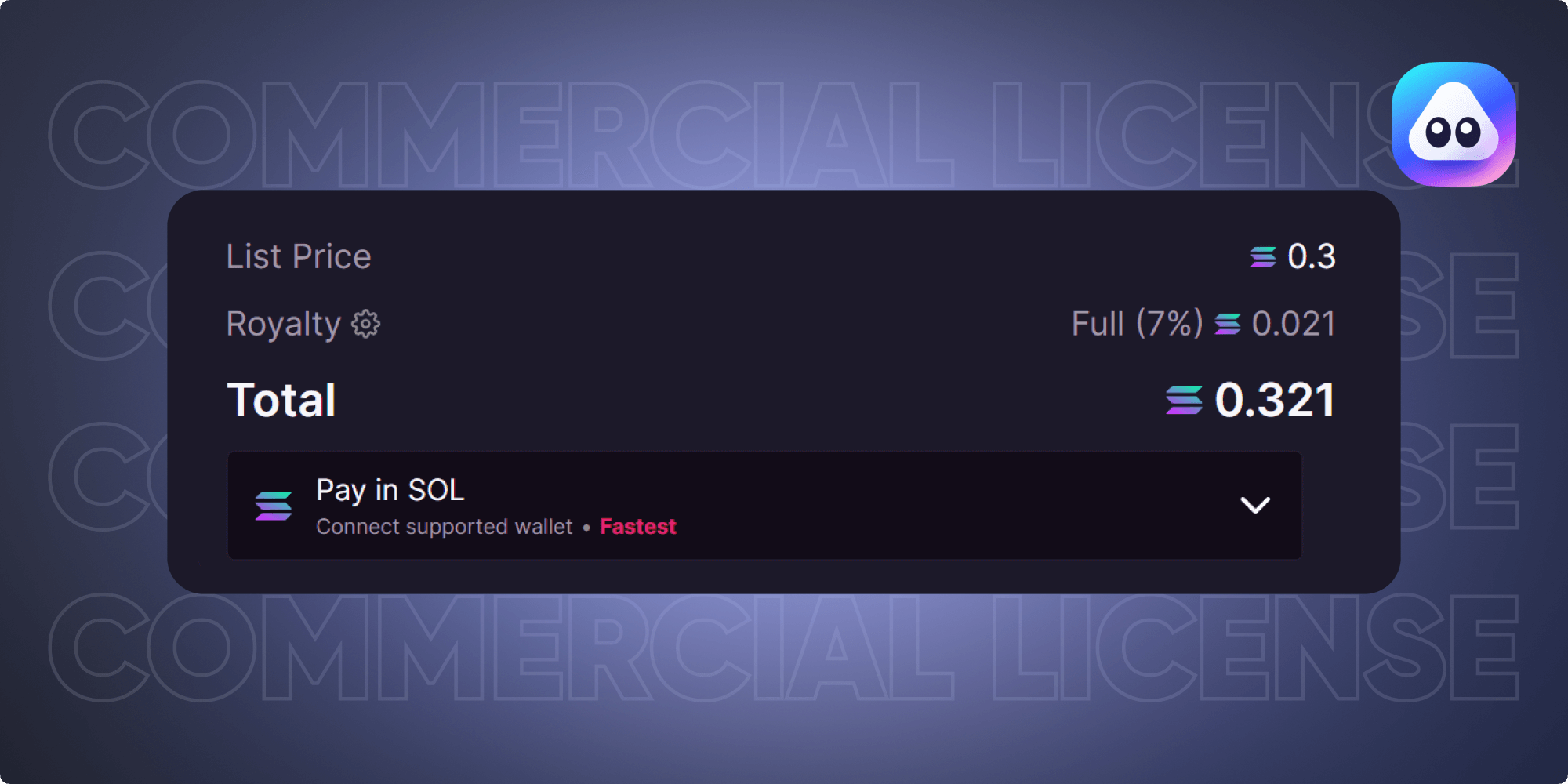Blockchain technology is changing the world. It has given rise to a whole new class of investment opportunities, including non-fungible tokens, better known as NFTs, that have been making headlines since they went mainstream in 2021. NFT use cases and their high purchase prices are some factors that drove adoption and NFT popularity over the past year.
However, behind these attention-grabbing NFT deals are NFT intellectual property considerations, such as NFT patent or NFT copyright, that NFT creators and collectors (brands included) must consider. A report found that of the 25 most valuable NFT projects, only one collection attempts to provide buyers with intellectual property rights to the original art. The rest confuse buyers and reserve the right to change the usage license to their NFT collections anytime. This article explores the usage and intellectual property aspects of an NFT.
What is Intellectual Property (IP)?

Intellectual property (IP), as defined by the World Intellectual Property Organization (WIPO), refers to creations of the mind, such as inventions, literary and artistic works, designs and symbols, names, and images used in commerce. These works are protected by laws that prevent others from profiting or taking undue credit for something they did not create.
There are three common types of intellectual property protected by law:
- Patents
- Copyright
- Trademark
Patent law applies to inventions of some public utility. Copyright applies to literary and artistic works such as books and music. Trademark law is generally associated with the business world and involves the branding of a person's goods or services to distinguish them from other businesses.
While laws protect these types of intellectual property, enforcing them remains a challenge in blockchain-based creations, where NFTs are sometimes made from stolen artworks, and issues of ownership rights have resulted in court cases with obscure resolutions.
Who owns the Intellectual Property rights of an NFT?

There needs to be more clarity about what intellectual property rights a buyer acquires when purchasing an NFT. After spending a significant amount of money to obtain it, it is understandable that some buyers think they are also receiving the NFT patent or NFT copyright.
In reality, they generally do NOT gain any NFT intellectual property rights or commercial rights when buying NFTs. The NFT copyright ownership naturally belongs to the creator, and unless and until it is assigned to the new buyer, it remains the creator's property.
As an NFT buyer, you should familiarize yourself with different types of NFT licensing rights and understand who owns the IP of an NFT:
1. Personal license in NFTs

This type of license indicates that you are not allowed to monetize the artwork in any way and that you also have limited display rights.
Veefriends is an example of an "NFT collection for personal use only." Its terms and conditions state that "unless otherwise specified, your purchase of a Vee Friends NFT does not give you the right to display, perform, distribute, sell or publicly reproduce the VFNFT or its contents for commercial purposes."
Unless specific terms and conditions grant certain rights, a buyer does NOT have copyright in the NFT purchased. In most cases, it is only the ownership of a specific copy of the NFT that is acquired, the privilege of being registered (or more accurately, having a designated wallet registered) as the actual owner of the NFT on the blockchain, the right to brag to the world that they own an NFT.
2. Commercial license in NFTs

A commercial license allows a creator to assign a buyer the right to monetize the NFT while retaining ownership and control of the NFT intellectual property.
The buyer must pay royalties to the original NFT creator in some commercial licensing structures. The original creator often sets this percentage, usually calculated per sale.
However, a royalty-free license bypasses these requirements. Solana-based Magic Eden has become the latest NFT marketplace to switch to an optional royalty model, following in the footsteps of X2Y2 in August.
Under the optional royalty model, buyers can set the royalties they wish to pay to an NFT project, meaning that some creators may not receive royalties when their work is sold.
How to determine NFT ownership rights?

Usually, the only way to know what property rights you are buying is by visiting the NFT project's website and finding and reviewing the project's terms and conditions.
Here is one example of NFT licensing terms:
“For NBA Top Shot NFTs, NBA only grants buyers a limited, personal, non-commercial license to use. Buyers cannot modify the assets, cannot use the assets for commercial purposes (e.g., making advertisements containing the assets), cannot produce merchandise, etc.”
Buyers are required to follow specific rules in the use of the assets. This is usually the case for NFTs created by major brands.
Are there any NFT projects with IP rights?
Some of today's biggest and most popular NFT collections, including Bored Ape Yacht Club, have assigned full intellectual property rights to users. It effectively means that those who own Bored Ape NFTs have the potential to profit from them.
The takeaway on NFTs and Intellectual Property rights
Within the NFT space, each NFT project has different intellectual property licenses for users, and very few offer IP rights to the NFT holder. Therefore, reading the small print to find and understand what you’re getting is essential.
Keep an eye on our blog and follow our socials for more updates!





